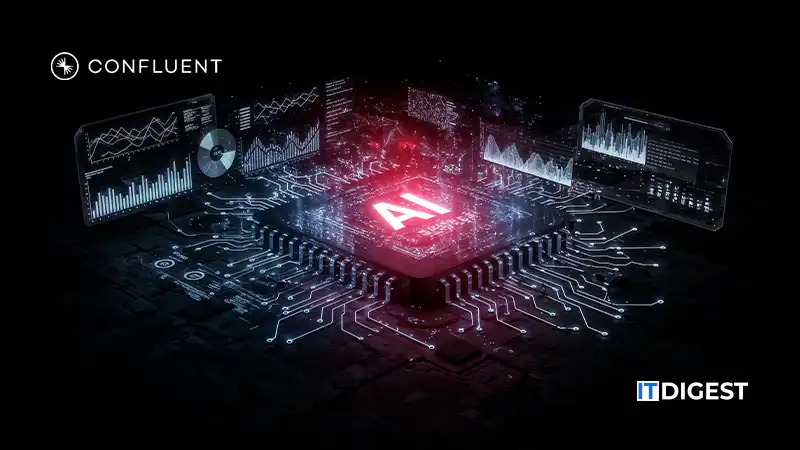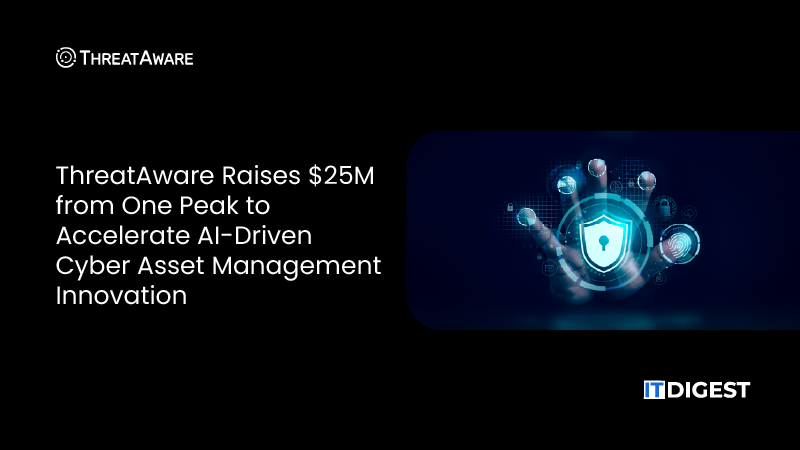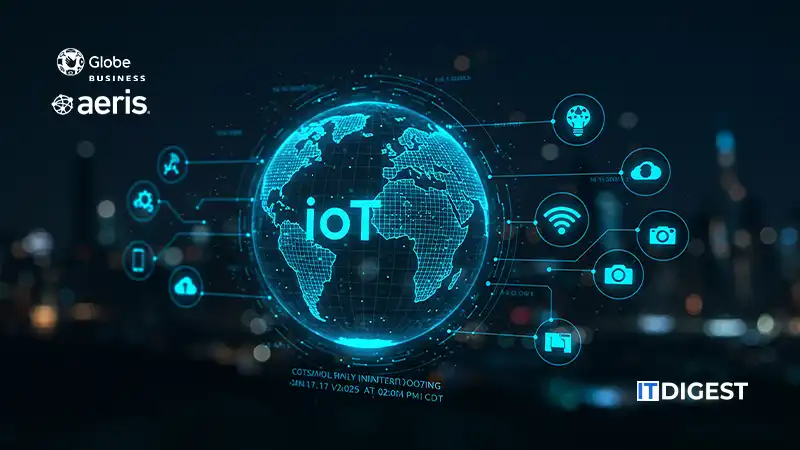Incode Technologies (Incode), a global leader in identity security and fraud prevention, announced the launch of its new solution, Agentic Identity, designed to enable enterprises to verify, authorize and continuously monitor autonomous AI agents with confidence.
As enterprises increasingly deploy AI agents and automated workflows that act on behalf of humans, Incode is positioning itself at the forefront of the transition from user authentication to agent verification. The company reports that its new offering addresses an emerging gap in digital trust the need to know not only who is interacting with a system, but what agent is acting on whose behalf, with what permissions, and under what conditions.
Addressing the next-generation identity challenge
Incode points to a rising fidelity gap as autonomous agents bots, assistants, APIs begin to mimic human behaviour, trigger financial flows, make decisions and open new attack vectors. The company notes that the line between human actor and machine actor is blurring, bringing questions of accountability, permissioning and traceability to the fore.
Ricardo Amper, Founder & CEO of Incode, stated: “Fraudsters are often the first to adopt new technology. We are seeing AI-generated agents that convincingly mimic human behavior… at a scale and speed no human could match.”
Key features of Agentic Identity
The new solution brings a comprehensive set of capabilities tailored for the “agentic web,” including:
-
Agent detection: Ability to identify autonomous agents across applications, APIs and machine-to-machine channels, giving visibility into which actor is initiating actions.
-
Verified human owner binding: Every agent is linked to a verified human identity through deep-fake-resistant biometrics, anchoring autonomous actors to a human source.
-
Scoped consent & tokenization: Cryptographic identity tokens define the allowed permission scope of each agent, tied to the human owner’s explicit consent, with programmable expiry and revocation.
-
Continuous behavioural monitoring: Real-time tracking of agent behaviour to flag anomalous decision-making or compromised agents, enabling proactive intervention.
-
Integration with identity stack: Agentic Identity is designed to plug into Incode’s broader identity and fraud intelligence framework, enabling organizations to extend their existing user identity infrastructure to AI agents as well.
Roman Karachinsky, Chief Product Officer of Incode, commented: “Agentic Identity allows enterprises to meet the growing consumer demand for agentic use cases and allow agents to use their services without compromising on fraud prevention or compliance.”
Also Read: Quantum PKI Names Joshua Kuebel as CTO
Why the timing is critical
Incode notes that the proliferation of AI agents is shifting the identity paradigm. It is no longer sufficient to ask “is this user legitimate?” The question now is “is this agent authorised, traceable and bound to the right human?” This shift, the company says, demands a new trust model.
The stakes for organisations extend beyond fraud to include regulatory compliance, governance, audit-readiness, dispute resolution and reputational risk. According to Incode, the difference lies between simply “letting a bot act” and “letting a verified, consented, scoped bot act and recording every step.”
Market context and Incode’s readiness
Operating at significant scale, Incode processes more than four billion identity checks annually across sectors including banking, telecoms, fintech and government. With the launch of Agentic Identity, the company is extending its trust layer into the era of autonomous agents.
This product underscores the company’s positioning in what it views as the next major frontier in identity management: managing the lifecycle of machine-actors as well as human users including human-to-agent binding, credential governance, agent consent and revocation.
Source: Incode

































